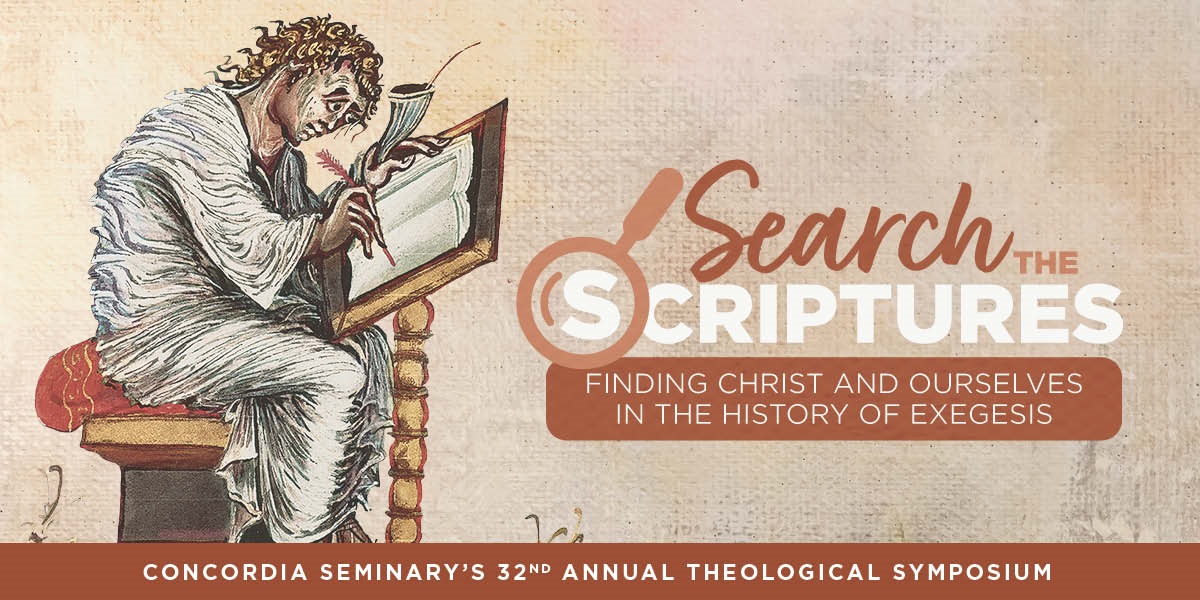Loading...
Keywords
hermeneutics, psychoanalytic exegesis, collective unconscious
Description
Popular Canadian psychologist, author and speaker Jordan Peterson is a leader in the intellectual conservative movement in the English-speaking world. Many lay members of LCMS congregations — especially young men — are listening to his lectures and reading his books. Peterson has recently turned his attention to the Christian Scriptures, offering a psychology-based exegesis. Other interpreters — Christian as well as non-Christian — are joining Peterson in this new exegetical project. This “new” exegesis is actually based on the hermeneutics of Carl Jung, one of the great psychologists of the 20th Century. What are Jung’s presuppositions, methods and results? How are current interpreters using Jung’s exegesis? How do we speak to lay members about Petersons’ (and others’) interpretation of Scripture?
Submission Type
Bible Study; Lecture; Sermon Prep
Submission Topics
Ecclesiology (The Church); Education; Literature and Art; Practical Theology; Preaching and Teaching; Scripture Interpretation; Sin; Worship
Scripture References in this Resource (separated by semi-colons)
Genesis 2:5;
Submission Audience
Laity; Ministers; Scholars
People in this Resource (separated by commas)
Carl Jung, Joseph Campbell, Jordan Peterson
Submission Cost
Free
Jordan Peterson, Carl Jung and the Psychoanalytic Exegesis of Scripture
Popular Canadian psychologist, author and speaker Jordan Peterson is a leader in the intellectual conservative movement in the English-speaking world. Many lay members of LCMS congregations — especially young men — are listening to his lectures and reading his books. Peterson has recently turned his attention to the Christian Scriptures, offering a psychology-based exegesis. Other interpreters — Christian as well as non-Christian — are joining Peterson in this new exegetical project. This “new” exegesis is actually based on the hermeneutics of Carl Jung, one of the great psychologists of the 20th Century. What are Jung’s presuppositions, methods and results? How are current interpreters using Jung’s exegesis? How do we speak to lay members about Petersons’ (and others’) interpretation of Scripture?


